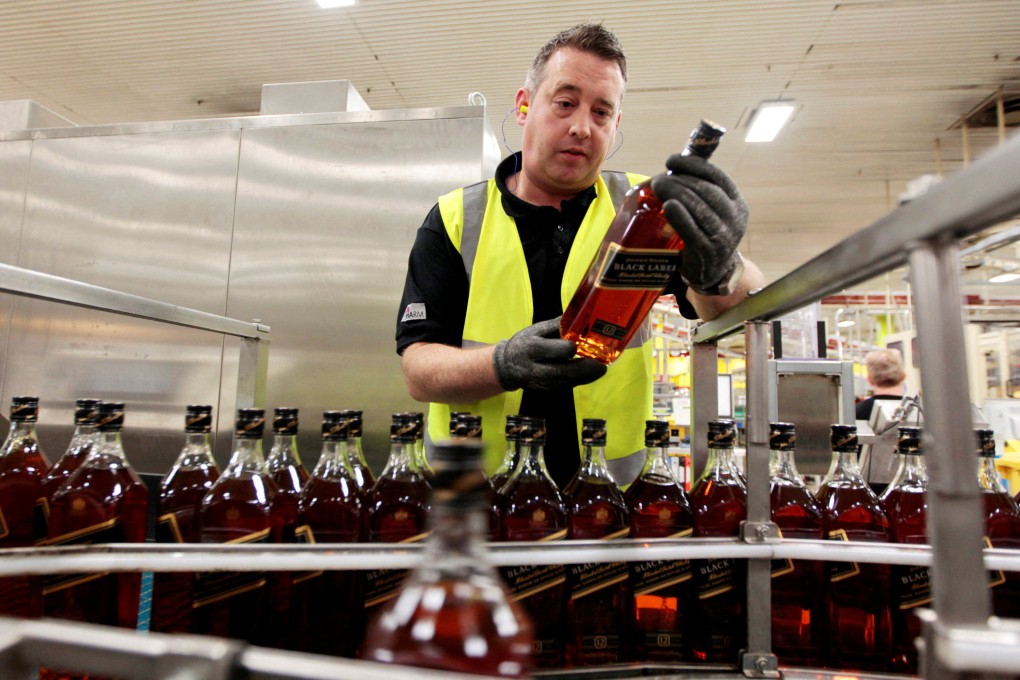Advertisement
India and UK’s ‘common threat perception’ of China could keep delayed trade deal on track
- The ‘biggest of them all’ pact was due to be signed by Diwali but appears to have stalled as Liz Truss’ administration cracks down on immigration
- And with the Conservatives seeking to oust Truss, the deal is not likely to be a priority, but the ‘common threat perception’ of China could keep it on the table
Reading Time:4 minutes
Why you can trust SCMP
6

A highly-anticipated free-trade agreement between India and Britain appears to have floundered at the last minute as Liz Truss’ government gets tough on immigration, but observers say the “common threat perception” of China means both sides have a reason to cling on to the pact.
Questions have also swirled over the deal’s priority, given that Truss’ governing Conservative Party now seems intent on replacing her – just a month after she was elected party leader.
An unprecedented 80 per cent of voters have a negative opinion of Truss, according to a latest poll by YouGov, making her the most unpopular leader in the UK’s recent political history.
The pact, hailed as “the biggest of them all” by former UK leader Boris Johnson earlier this year, was expected to be signed by the Hindu festival of Diwali that takes place this weekend, a deadline set by Indian Prime Minister Narendra Modi and asserted repeatedly by both sides.
It had the potential to double trade between India and Britain, the world’s fifth and the sixth-largest economies, from the current US$29 billion. British firms, especially car- and whiskey-makers, were set to gain access to a massive consumer market with notoriously high tariffs and tedious entry barriers. For India, the deal was expected to draw higher investment flows, boost manufacturing and ease immigration rules for its citizens to the UK.
Advertisement